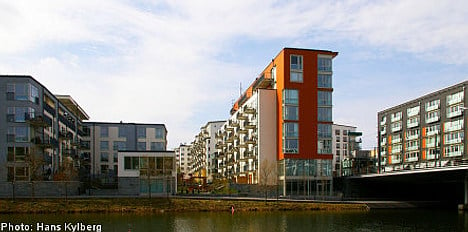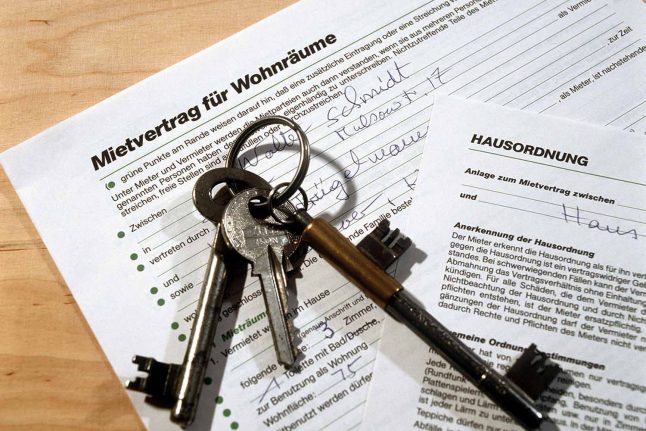There are currently 14,674 flats listed as for sale in Sweden, according to the figures published by real estate site Bovision.se, equating to 58 percent more than October 1st 2010.
The highest increase has been recorded in Jönköping in central Sweden with the number available flats is up by 109 percent in comparison to last year.
Stockholm County has experienced a 72 percent rise in the supply of flats for sale, while the corresponding figures for Västra Götaland (Gothenburg) and Skåne (Malmö) are 64 percent and 51 percent respectively.
But despite the increase in the supply of apartments for sale, prices have continued to climb.
In Stockholm asking prices have for example climbed by 8 percent, but changes in how real estate agents market the properties could be the explanation.
“In Stockholm the asking prices have risen by 8 percent, but that could be connected to some extent with the agents adhering to a new system with a higher, so called accepted price,” said Ulf Magnusson, CEO of Bovision in a comment.
Magnusson underlined that while asking prices have climbed in other areas of the country as well, this doesn’t necessarily mean that sales prices have also risen.
According to Mäklarstatistik, a cooperation between estate agents and an industry group, flat sales prices across the country have risen by a modest 1 percent over the past year.
The corresponding statistics for Stockholm County, Västra Götaland and Skåne are 3 percent, 5 percent and -3 percent.





 Please whitelist us to continue reading.
Please whitelist us to continue reading.
Member comments